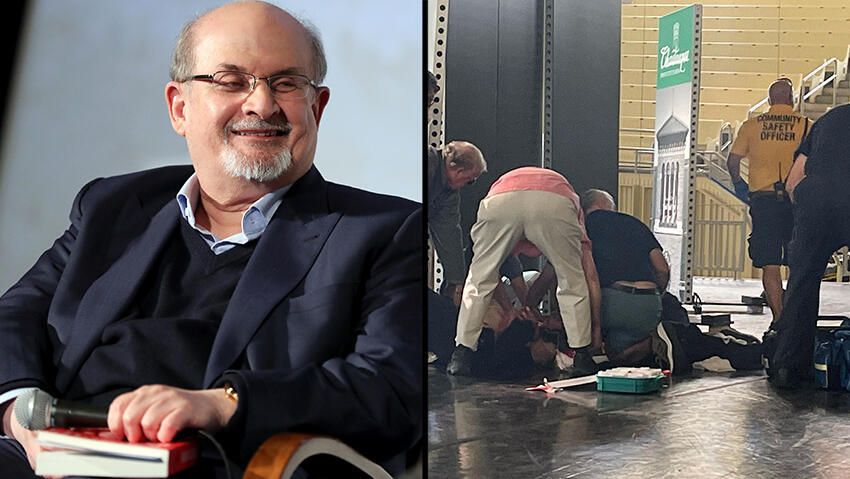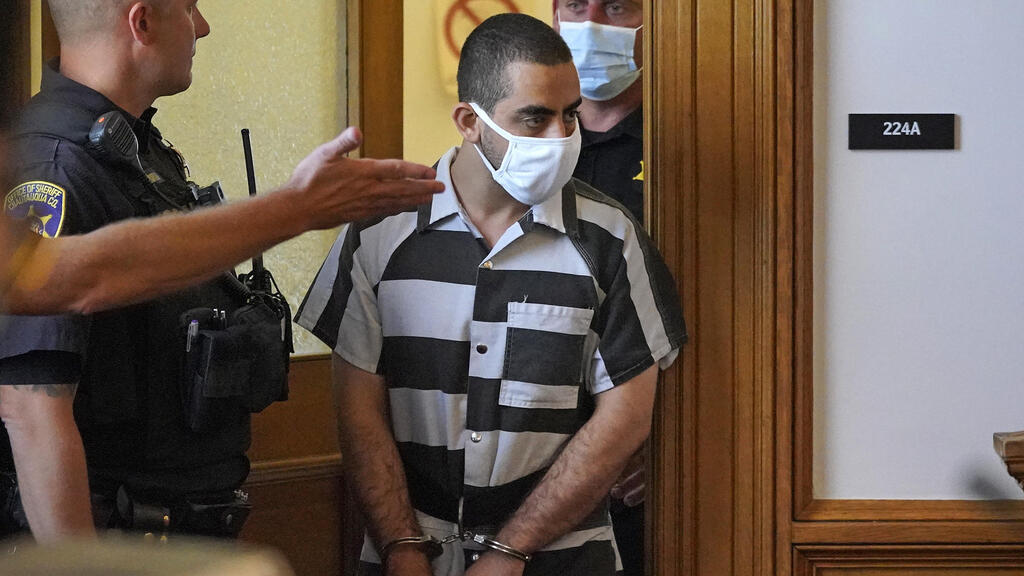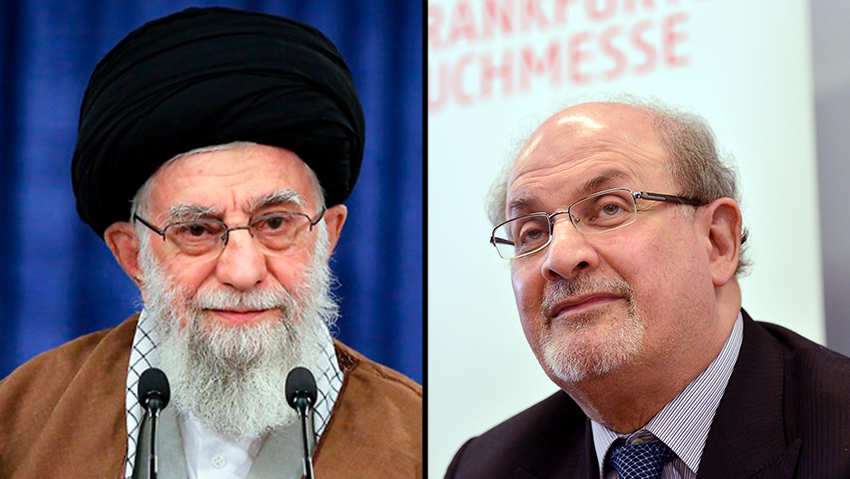An Iranian government official denied on Monday that Tehran was involved in the assault on author Salman Rushdie, in remarks that were the country's first public comments on the attack.
The comments by Nasser Kanaani, the spokesman of Iran's Foreign Ministry, come over two days after the attack on Rushdie in New York.
However, Iran has denied carrying out other operations abroad targeting dissidents in the years since the country's 1979 Islamic Revolution, despite prosecutors and Western governments attributing such attacks back to Tehran.
"We, in the incident of the attack on Salman Rushdie in the U.S., do not consider that anyone deserves blame and accusations except him and his supporters," Kanaani said. "Nobody has right to accuse Iran in this regard."
Rushdie, 75, was stabbed Friday while attending an event in western New York. He suffered a damaged liver and severed nerves in an arm and an eye, his agent said. He was likely to lose the injured eye.
His assailant, 24-year-old Hadi Matar, has pleaded not guilty to charges stemming from the attack through his lawyer.
The award-winning author for more than 30 years has faced death threats for "The Satanic Verses." Iran's late Supreme Leader Ayatollah Ruhollah Khomeini had issued a fatwa, or Islamic edict, demanding his death. A semiofficial Iranian foundation had put up a bounty of over $3 million for the author, though it has yet to offer any comment on the attack.
Kanaani added that Iran did not "have any other information more than what the American media has reported."
The West "condemning the actions of the attacker and in return glorifying the actions of the insulter to Islamic beliefs is a contradictory attitude," Kanaani said.
Khomeini, in poor health in the last year of his life after the grinding, stalemated 1980s Iran-Iraq war had decimated the country's economy, issued the fatwa on Rushdie in 1989. The Islamic edict came amid a violent uproar in the Muslim world over the novel, which some viewed as blasphemously making suggestions about the Prophet Muhammad's life.
While fatwas can be revised or revoked, Iran's current Supreme Leader Ayatollah Ali Khamenei - who took over after Khomeini - has never done so. As recently as February 2017, Khamenei said: "The decree is as Imam Khomeini issued."




